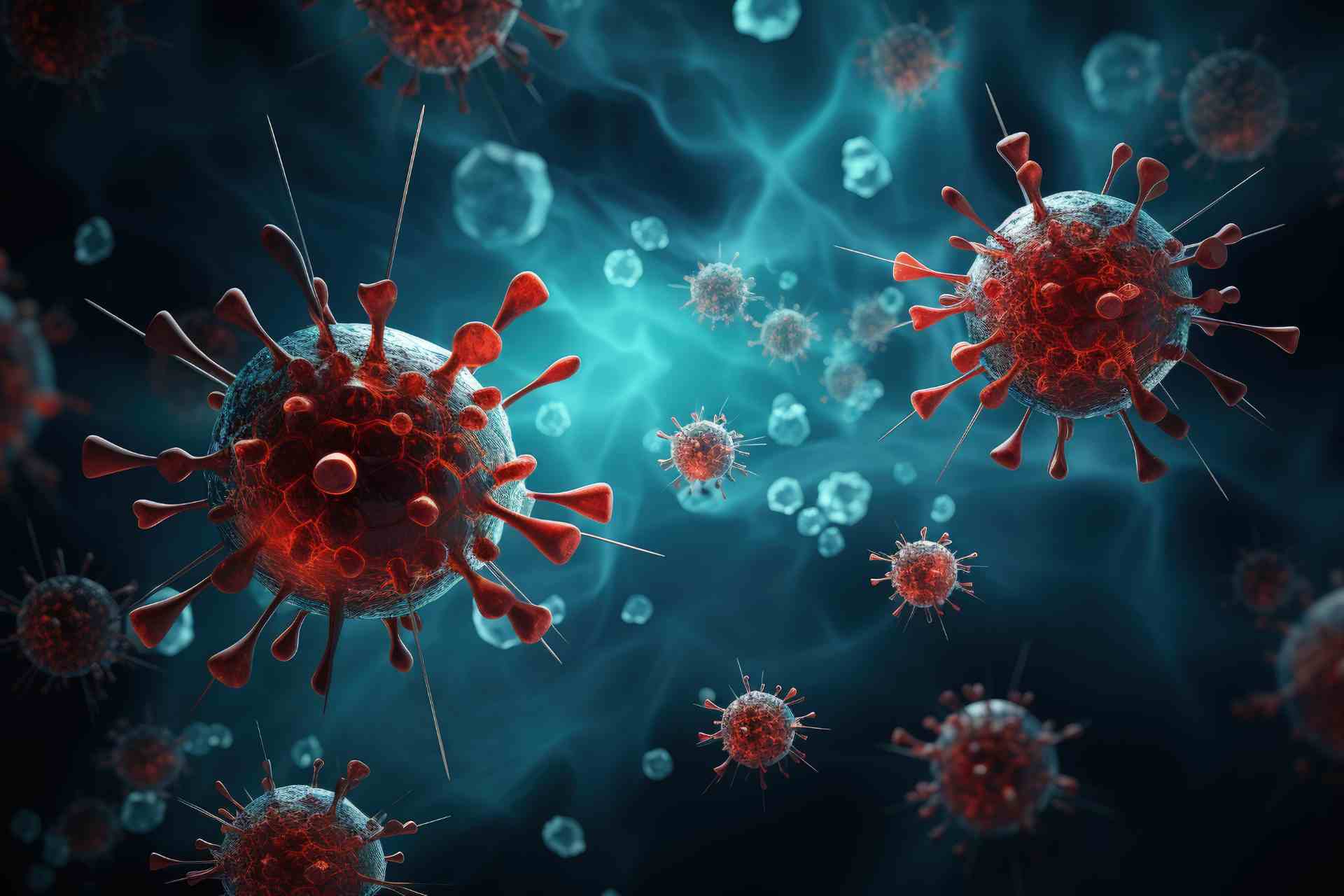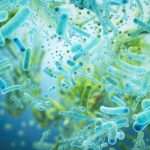What is already known
Many studies have shown that severe cases of COVID-19 can alter the gut microbiota. Decreased bacterial richness is a marker of infection with SARS-CoV-2, the virus that causes COVID-19, and people with severe disease have distinctive microbial gut communities. However, little is known about the impact of mild COVID-19 on gut microbes.
What this research adds
Researchers analyzed stool samples from 14 people infected with SARS-CoV-2 who did not need hospitalization. Compared with healthy controls, people with mild COVID-19 showed a less stable gut microbiota over time. In a mouse model that is susceptible to SARS-CoV-2 infection, all of the tested virus variants disrupted the gut microbiota. The Omicron variant caused the least severe symptoms in mice but it destabilized the gut microbiota, leading to a drop in the levels of Verrucomicrobiota and Akkermansia muciniphila.
Conclusions
The findings suggest that even mild cases of COVID-19 can disrupt the gut microbiota.
The SARS-CoV-2 virus that causes COVID-19 can also provoke gastrointestinal symptoms, but it’s unclear whether this is due to inflammation, disruptions of the gut microbiota or other causes. Now, researchers have found that several SARS-CoV-2 variants, including Omicron — the predominant variant in circulation around the world, can destabilize the balance of microbial communities in the gut.
The findings, published in mBio, suggest that even mild cases of COVID-19 can disrupt the gut microbiota. “These results will hopefully renew efforts to study the mechanisms through which Omicron and future SARS-CoV-2 variants alter gastrointestinal physiology, while also considering the potentially broad consequences of SARS-CoV-2-induced microbiota instability for host health and disease,” the researchers say.
Many studies have shown that severe cases of COVID-19 can alter the gut microbiota. Decreased bacterial richness is a marker of SARS-CoV-2 infection, and people with severe COVID-19 have distinctive microbial gut communities. However, little is known about the impact of mild disease on gut microbes.
To address this question, Vaibhav Upadhyay at the University of California, San Francisco and his colleagues set out to analyze stool samples from 14 people infected with SARS-CoV-2 who did not need hospitalization. The team also assessed samples from four healthy household controls.
Microbiota instability
The gut microbiotas of people with mild COVID-19 were similar to those of controls. In both groups, the most common bacteria were Firmicutes, Bacteroidota and Actinobacteriota.
However, compared with healthy controls, people with mild COVID-19 showed a less stable gut microbiota over time. Firmicutes bacteria varied the most in mild COVID cases, the team found.
“These data indicate that the human gut microbiome can be destabilized months after initial infection with SARS-CoV-2,” the researchers say. “However, it is not possible to infer a causal role of SARS-CoV-2 infection in destabilizing the gut microbiota based only on observational studies in humans given the clear potential for confounding factors.”
Mouse model
To test the role of viral infection in shaping the gut microbiota, the team turned to a mouse model that is susceptible to SARS-CoV-2 infection. Mice were infected with several SARS-CoV-2 variants, including the original variant detected in the USA (USA-WA1/2020) and the Omicron variant.
All of the tested variants disrupted the mouse gut microbiota, the researchers found. The Omicron variant caused the least severe symptoms but it destabilized microbial communities, leading to a drop in the levels of Verrucomicrobiota. In mice infected with USA-WA1/2020, the team observed a subtle reduction in Proteobacteria. The abundance of Akkermansia muciniphila was diminished over time in response to infection with several variants, including USA-WA1/2020 and Omicron.
Wild-type mice exposed to SARS-CoV-2 didn’t develop severe lung disease, but they did show a disrupted gut microbiota, the researchers found.
“Our results in humans and mice demonstrate that the gut microbiota is destabilized following mild cases of SARS-CoV-2 infection,” the authors say. “However, the cellular and molecular mechanisms responsible remain to be elucidated.”











